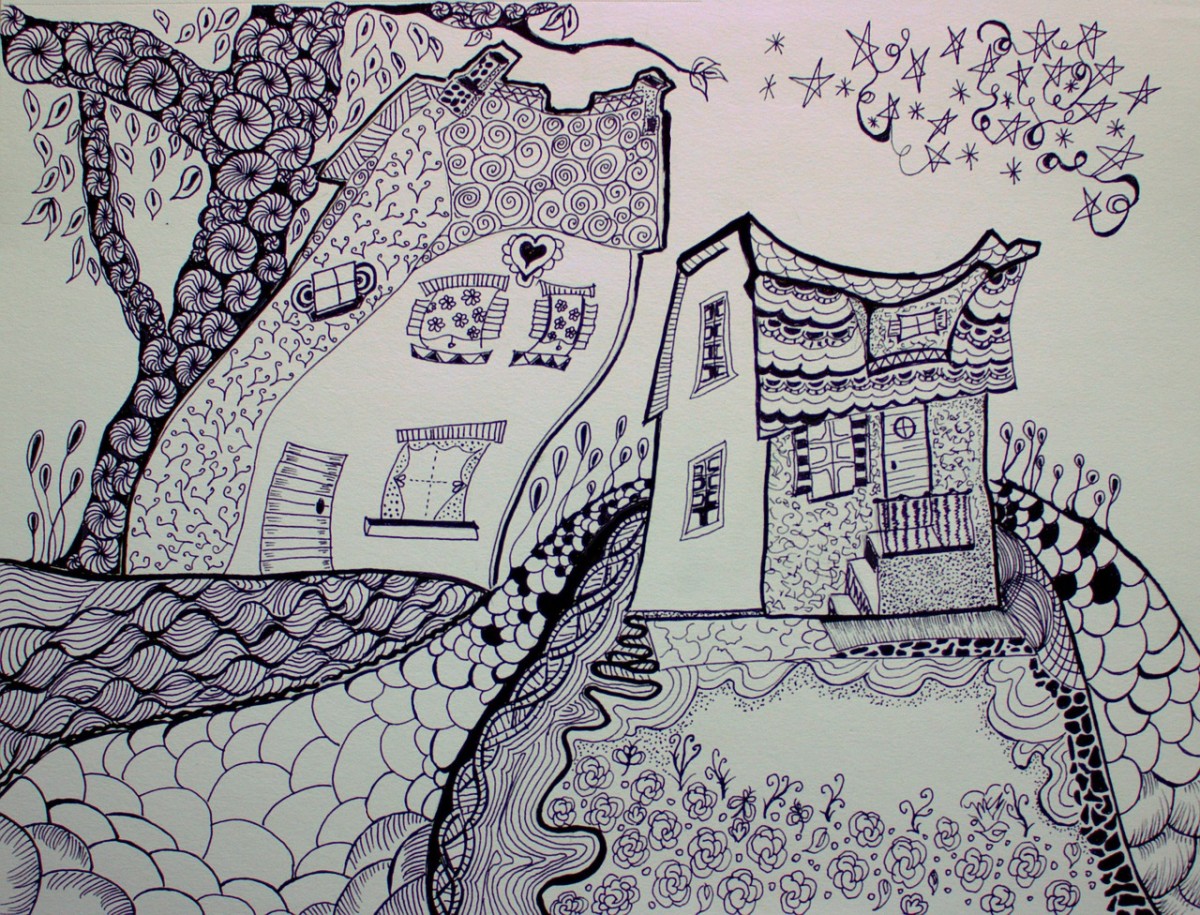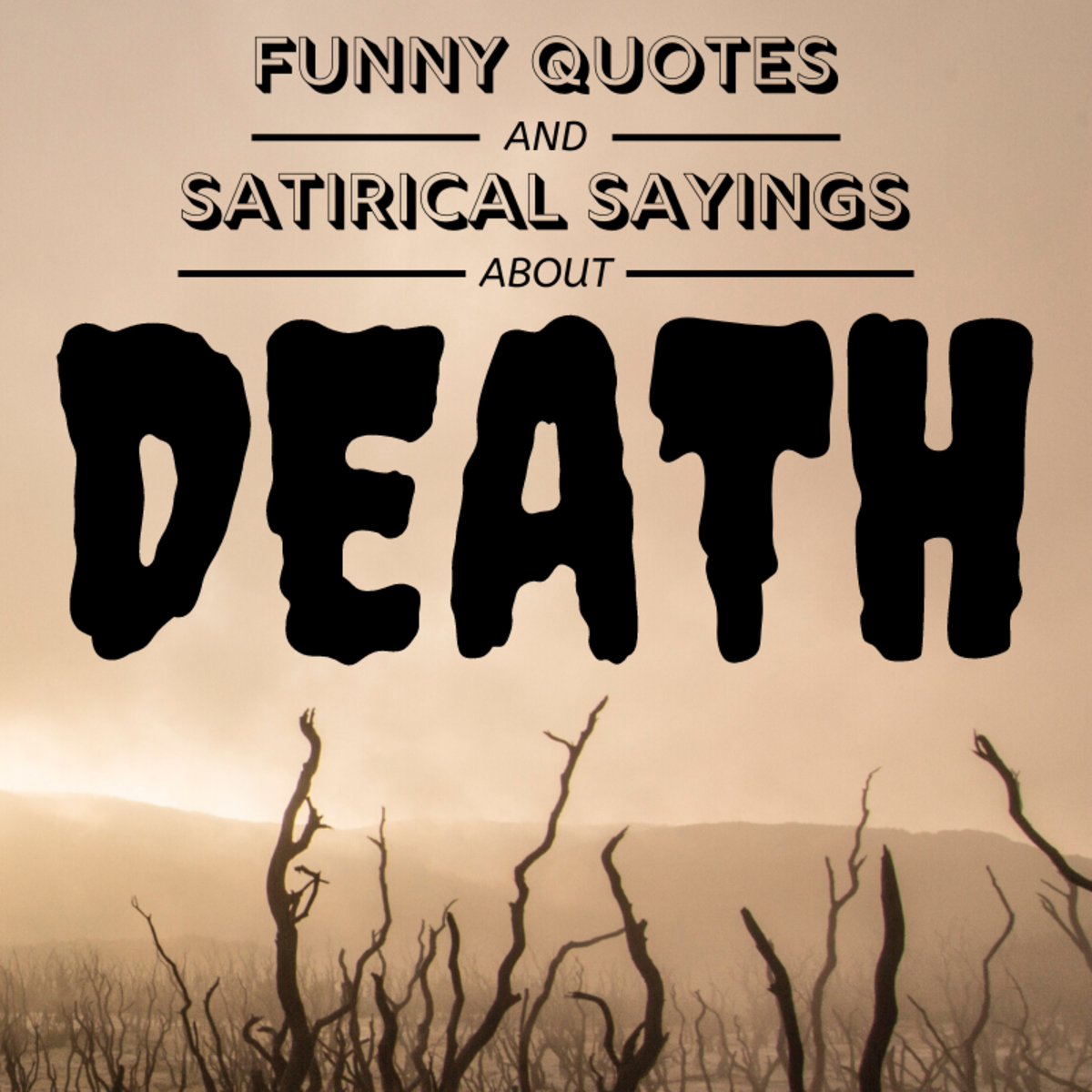Writing What You Don't Know

Authors have always been exhorted to “write what you know.” But what if you’re writing a fantasy piece? Historical fiction? Alternate history? Horror? Can you really only write what you know?
Of course not!
But if you’re going to write about something that only exists in your imagination, there are some good ideas to keep in mind as you write that will help you trick your audience into asking themselves, “When did she do that? Where did she see that? Is that for real?”

Do Research
Research isn’t always bland or boring. Sure, you can go hit the library and check out some great books and/or DVDs (or even CDs!) on tons of topics and learn just about anything you want. There’s always the Internet, but if you’re researching there, be cautious! Learn the lesson of the war that wasn’t…except on Wikipedia. If it’s online, take it with a grain of salt, and check your sources.
But there’s more to research than that. You can also go out and do things.
What does it feel like to go parasailing? Go do it!
What do police do on a daily basis? Find out if your community has a citizen’s patrol opportunity or if you can do a ride-along. Everything you do can be considered research, and if you can’t do it yourself find out if you can interview someone who has.
And be careful not to forget the rule of research. When it comes to writing, you probably only want to use 10% of what you find out. Otherwise, your writing will sound like an overload to your reader, and you may fall into the trap of the info dump.
Avoiding "Info Dump"
- Turkey City Lexicon: A Primer for SF Workshops
Science Fiction and Fantasy Writers of America
Make Stuff Up
I’ll never forget what a famous mystery writer told me when I asked him how he learned so much about a police department that he wrote about. He said, “I made it up. I didn’t know I was supposed to research it when I started writing.” There’s nothing wrong with making stuff up. Just make sure that, if you’re going for realism, don’t go too far off the beaten path. And even if you’re in a completely fantastic world, it’s a good idea to keep the next two bits of advice in mind.
Follow Your World’s Logic
Readers are willing to believe a lot as long as it’s consistent. If it takes a character 30 minutes to drive somewhere, they can’t walk that same distance in 15 minutes unless there’s some sort or portal or faster than light travel (and you better tell your reader about that!). If the magician can only cast spells when he can draw on the power of the sun, he’s pretty helpless when the bad guy captures him in an underground cavern with no way to the surface.
If you need to, keep notes. Internal logic for the world has to work, and if something breaks that logic, you really need to make sure you explain why it’s possible. Yes, there are some things that every author can get away with, things that don’t really exist, like vampires and zombies, but that we still like to read about. And it’s okay if you can’t give a pseudo-science explanation as to why or how they exist. But you better know all those details and rules, and you better follow them because otherwise you’ll lose your readers when they lose their trust in you.
Consider Consequences
So you decide that you want to write about WWII Germany. But you’re just going to make it all up.
Is that really such a good idea?
Maybe. If it’s an alternate world, you can have fun and go crazy. But historians, scholars, and those with family members who died or were imprisoned and killed may not appreciate a lack of knowledge on your part.
Always think about what your topic is and how you’ll be approaching it. Use your best judgment and, failing that, talk to your friends and critique group.









